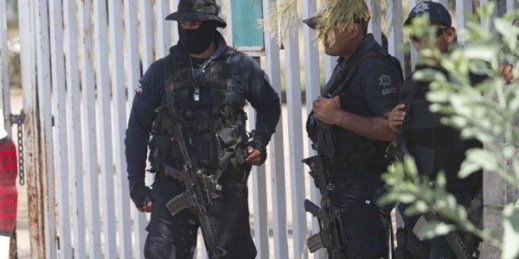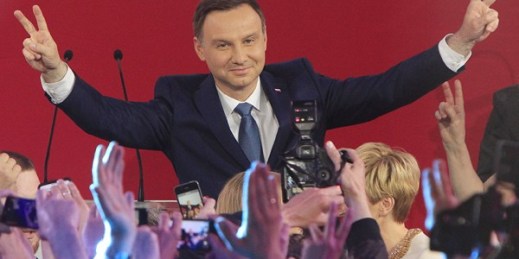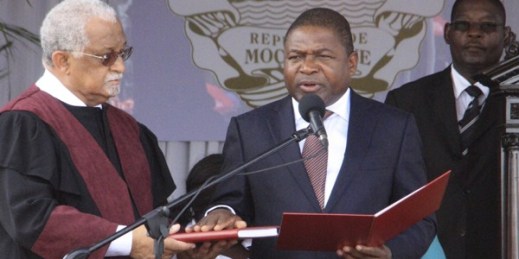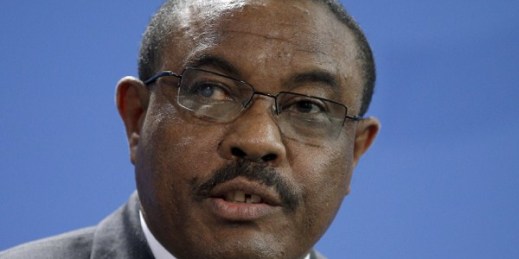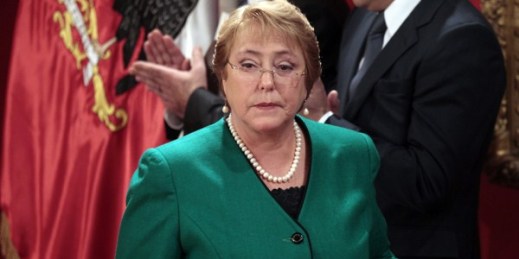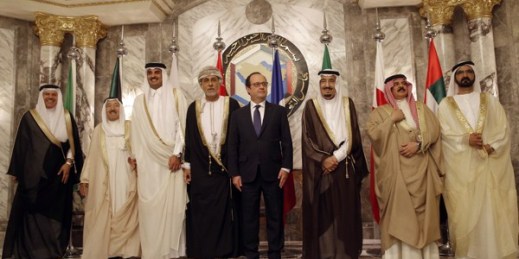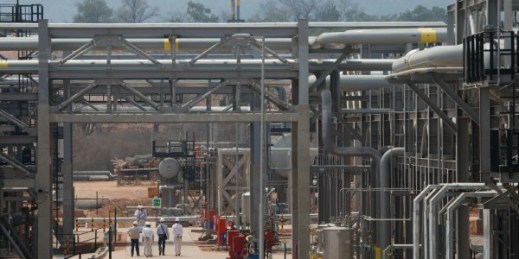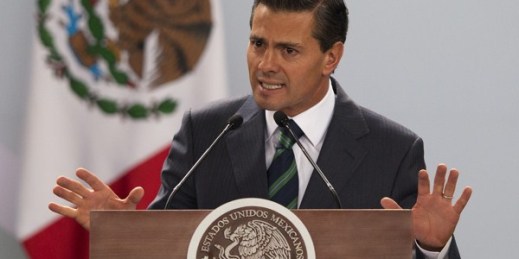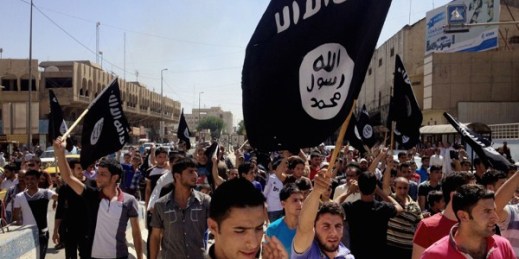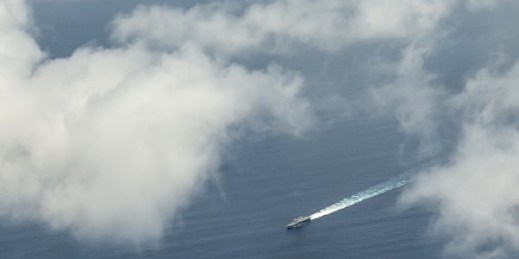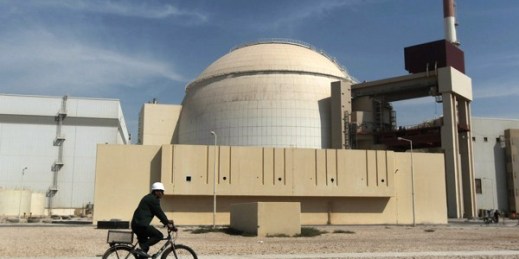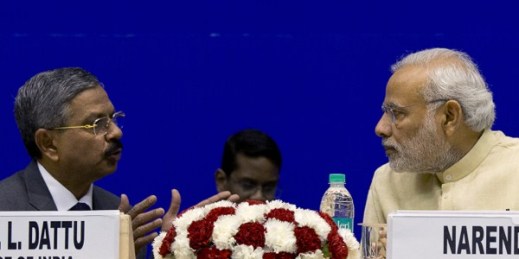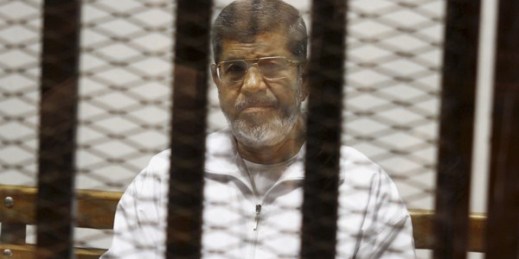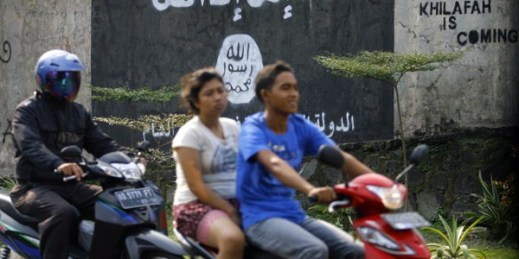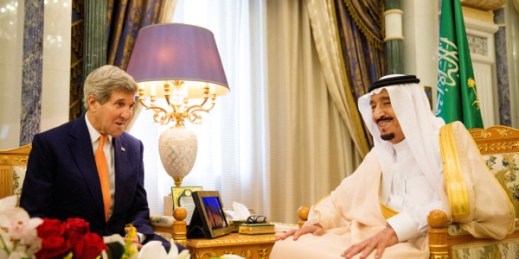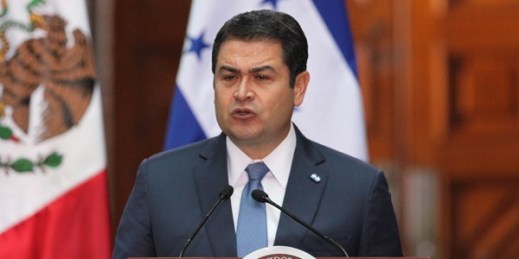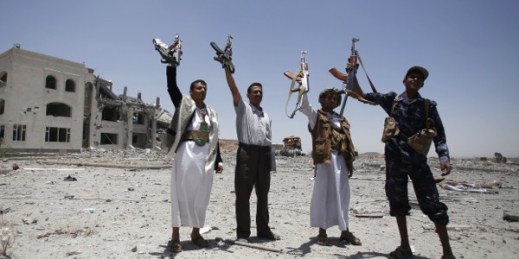
Since the first Saudi-led airstrikes in Yemen in late March, aimed at dislodging the Zaydi Shiite Houthi movement from the towns and cities they hold across the country, a number of competing and contradictory narratives have emerged. Who, exactly, is fighting whom? What are their aims? And who is winning on the ground? Thanks to sporadic coverage of the ongoing military offensive and a lack of substantive reporting from the ground, these questions have remained largely unanswered. Yet several things have become clearer. First, the bombing campaign alone will not allow the Saudis to meet their strategic goals in Yemen […]

